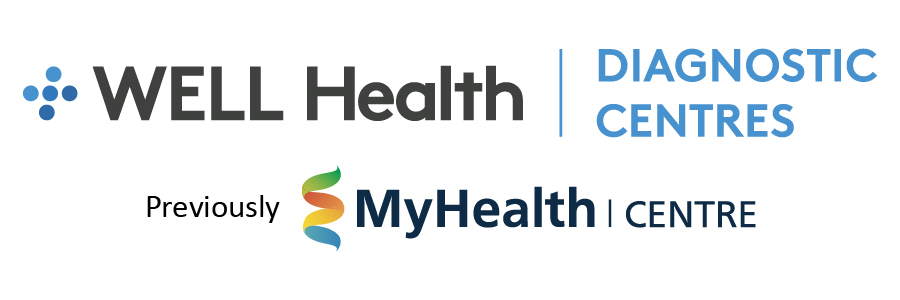Integrated prenatal screening is a series of tests that are done during pregnancy. The tests indicate whether you have an increased risk of carrying a baby who has a birth defect, such as Down syndrome or spina bifida.
The screening is done in two stages at two different times during the pregnancy. The first stage of tests are done in the first trimester, between 10 and 13 weeks of pregnancy. The second stage of tests are done during the second trimester, between 15 and 20 weeks of pregnancy.
FIRST TRIMESTER SCREENING TESTS
First trimester screening includes a blood draw and an ultrasound exam. During the blood test, a member of your healthcare team takes a sample of blood by inserting a needle into a vein in your arm. The blood sample is sent to a lab for analysis. You can return to your usual activities immediately.
For the ultrasound exam, you’ll lie on your back on an exam table. Your healthcare provider or an ultrasound technician will place a transducer (a small plastic device that sends and receives sound waves) over your abdomen. The reflected sound waves will be digitally converted into images on a monitor. Your health care provider or technician will use these images to measure the size of the clear space in the tissue at the back of your baby’s neck. The ultrasound doesn’t hurt, and you can return to your usual activities immediately.
Because first trimester screening can be done earlier than most other prenatal screening tests, you’ll have the results early in your pregnancy. This will give you more time to make decisions about further diagnostic tests, the course of the pregnancy, medical treatment and management during and after delivery. If your baby is diagnosed with Down syndrome, you’ll also have more time to prepare for the possibility of caring for a child who has special needs.
SECOND TRIMESTER SCREENING TESTS
Second trimester screening includes a quadruple (quad) serum screen test. This blood test checks the amounts of these four substances in a pregnant woman’s blood:
- Alpha-fetoprotein (AFP).
- Beta-human chorionic gonadotropin (beta-hCG).
- Unconjugated estriol, or uE3.
- Hormone inhibin A.
RESULTS
Your health care provider will use your age and the results of the blood test and ultrasound exam to gauge your risk of carrying a baby with Down syndrome or other birth defects.
First trimester screening results are given as positive or negative, as well as a probability, such as a 1-in-250 risk of carrying a baby with Down syndrome. First trimester screening correctly identifies about 85% of women who are carrying a baby with Down syndrome. About 5% of women have a false-positive result, which means the test result is positive, but the baby doesn’t have Down syndrome.
When you consider your test results, remember that first trimester screening only indicates your overall risk of carrying a baby with birth defects. If you receive a positive test result, your healthcare provider and will discuss your options, including additional testing.
Sources: Mayoclinic.org
Locations
- London Arva
- London Fanshawe
- London Southdale
- London Wharncliffe Imaging
- Milton Imaging
- Mississauga Imaging
- Newmarket Imaging
- North York
- Pickering
- Sarnia
- Sault Ste. Marie
- Scarborough
- Simcoe
- Sudbury Larch Imaging
- Sudbury Lasalle
- Sudbury Long Lake
- Thornhill
- Toronto Bay
- Toronto King
Google Reviews
I would recommend and I will be back next pregnancy.
– S.L.
